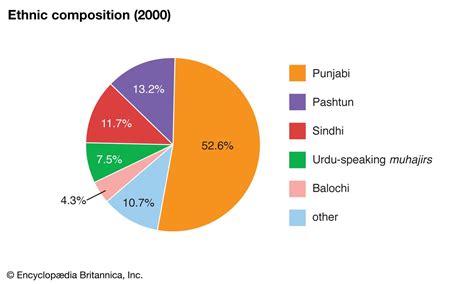Warrant Officer vs Officer: Key Differences Explained
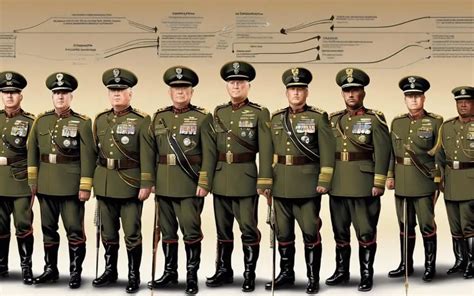
Understanding the Distinctions: Warrant Officer vs Officer
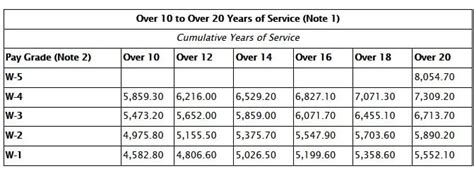
The military is a complex organization with various roles, ranks, and responsibilities. Among these, the Warrant Officer and Officer ranks are often misunderstood or confused with one another. In this article, we will delve into the key differences between Warrant Officers and Officers, exploring their roles, responsibilities, and requirements.
Warrant Officers: The Technical Experts
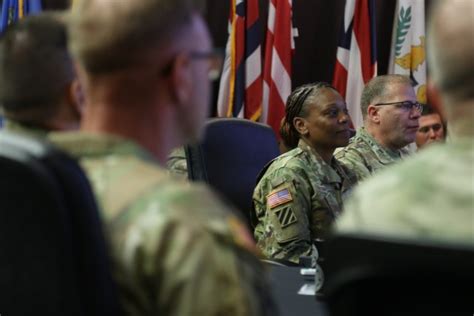
Warrant Officers are technical experts in their field, holding a unique position within the military hierarchy. They are typically drawn from the enlisted ranks and possess specialized knowledge and skills that are critical to the effective operation of the military.
Key Characteristics of Warrant Officers:
- Technical expertise: Warrant Officers are specialists in a particular field, such as aviation, intelligence, or cybersecurity.
- Leadership: While not typically considered “leaders” in the classical sense, Warrant Officers often mentor and guide junior personnel.
- Independence: Warrant Officers work independently, making decisions and taking actions based on their expertise.
- Career progression: Warrant Officers typically start as enlisted personnel and are selected for Warrant Officer Candidate School (WOCS) based on their technical expertise and experience.
Officers: The Leaders and Managers

Officers, on the other hand, are leaders and managers within the military. They are responsible for planning, organizing, and directing the activities of their units.
Key Characteristics of Officers:
- Leadership: Officers are responsible for leading and managing teams, making strategic decisions, and taking charge of units.
- Commission: Officers are commissioned through a service academy, Reserve Officers’ Training Corps (ROTC), or Officer Candidate School (OCS).
- Generalist: Officers are generalists, meaning they are expected to have a broad range of knowledge and skills, rather than specializing in a particular area.
- Career progression: Officers typically start as junior officers and progress through the ranks based on their performance, experience, and education.
Key Differences: Warrant Officer vs Officer
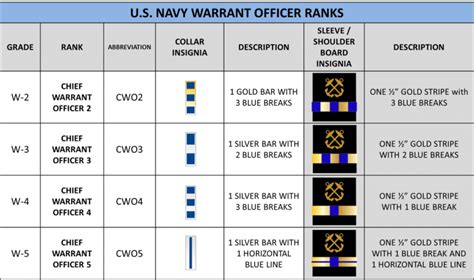
| Category | Warrant Officer | Officer |
|---|---|---|
| Role | Technical expert | Leader and manager |
| Leadership | Mentor and guide junior personnel | Lead and manage teams |
| Expertise | Specialized knowledge and skills | Broad range of knowledge and skills |
| Commission | Not commissioned | Commissioned through a service academy, ROTC, or OCS |
| Career Progression | Start as enlisted personnel and selected for WOCS | Start as junior officers and progress through the ranks |
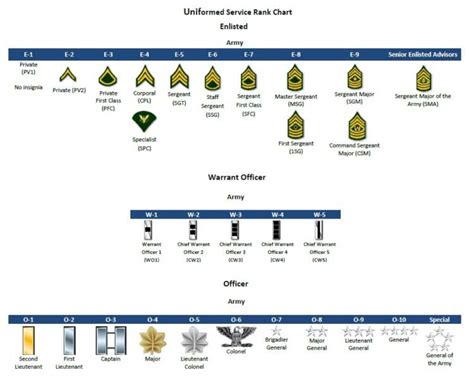
Conclusion

In conclusion, Warrant Officers and Officers are distinct ranks within the military, each with its own unique roles, responsibilities, and requirements. While Warrant Officers are technical experts, Officers are leaders and managers. Understanding these differences is essential for appreciating the complexity and diversity of the military hierarchy.
What is the primary difference between a Warrant Officer and an Officer?
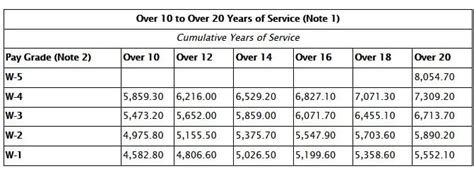
+
The primary difference between a Warrant Officer and an Officer is their role within the military. Warrant Officers are technical experts, while Officers are leaders and managers.
How do Warrant Officers and Officers progress through the ranks?

+
Warrant Officers typically start as enlisted personnel and are selected for Warrant Officer Candidate School (WOCS), while Officers start as junior officers and progress through the ranks based on their performance, experience, and education.
What is the difference between a Warrant Officer’s commission and an Officer’s commission?

+
Warrant Officers are not commissioned, while Officers are commissioned through a service academy, Reserve Officers’ Training Corps (ROTC), or Officer Candidate School (OCS).
Related Terms:
- Warrant officer vs Officer pay
- Warrant Officer adalah
- Warrant officer vs officer Reddit
- Warrant Officer ranks
- Warrant officer to officer
- Warrant Officer pay


